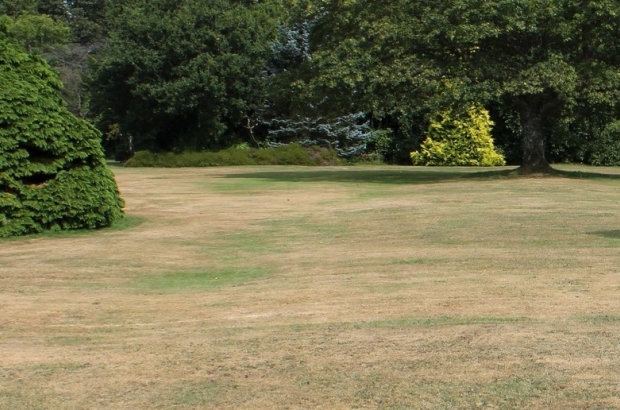- Daily & Weekly newsletters
- Buy & download The Bulletin
- Comment on our articles
Belgium debates stricter water saving rules due to prolonged drought
Belgium is considering implementing more stringent measures to reduce water use as a result of the prolonged drought, calling September a “crucial” month for conservation.
It has been an exceptionally hot and dry summer across the country, and the levels of Brussels’ waterways have dropped significantly as a result, reports De Standaard.
If the next few weeks don’t bring sufficient rainfall, certain industries may be asked to curtail their water use. Consultations are already underway with multiple sectors about where to save water.
Current situation 'critical'
A drought committee that includes the country’s water managers, drinking water companies, Aquafin and governors meets weekly during long periods of drought and formulates recommendations. On Thursday, they called the situation critical.
“All indicators, hydrological and meteorological, point to this,” the committee said.
“The precipitation of the past few days and the precipitation predicted will not ensure a significant recovery of our waterways. A further drop in levels and flows in the non-navigable watercourses and waterways cannot be ruled out.”
The supply of drinking water remains stable, including in the medium term, but vigilance is being increased as a precaution.
The committee reiterated its previous advice to sectors, governments and citizens to “reduce their water consumption to the maximum,” but that advice could become stricter if the drought continues, according to Bernard De Potter, chairman of the Flemish Environment Society.
“Early September will be a critical point,” he said, explaining that this is when drastic measures come into play, if the weather situation does not change.
Those measures could include a ban on intake of water for both agriculture and non-essential industry, as well as a ban on the non-essential use of water, such as for washing cars or for fountains.
“We will continue to monitor the situation closely,” De Potter said.















